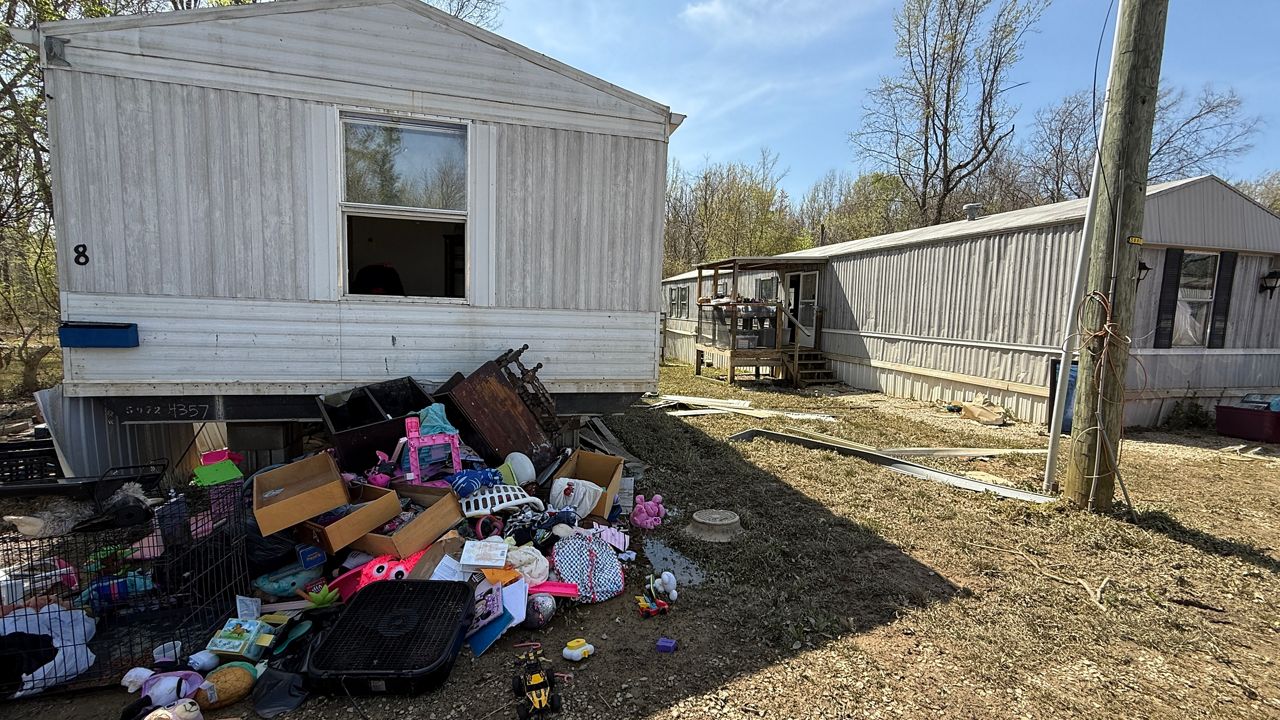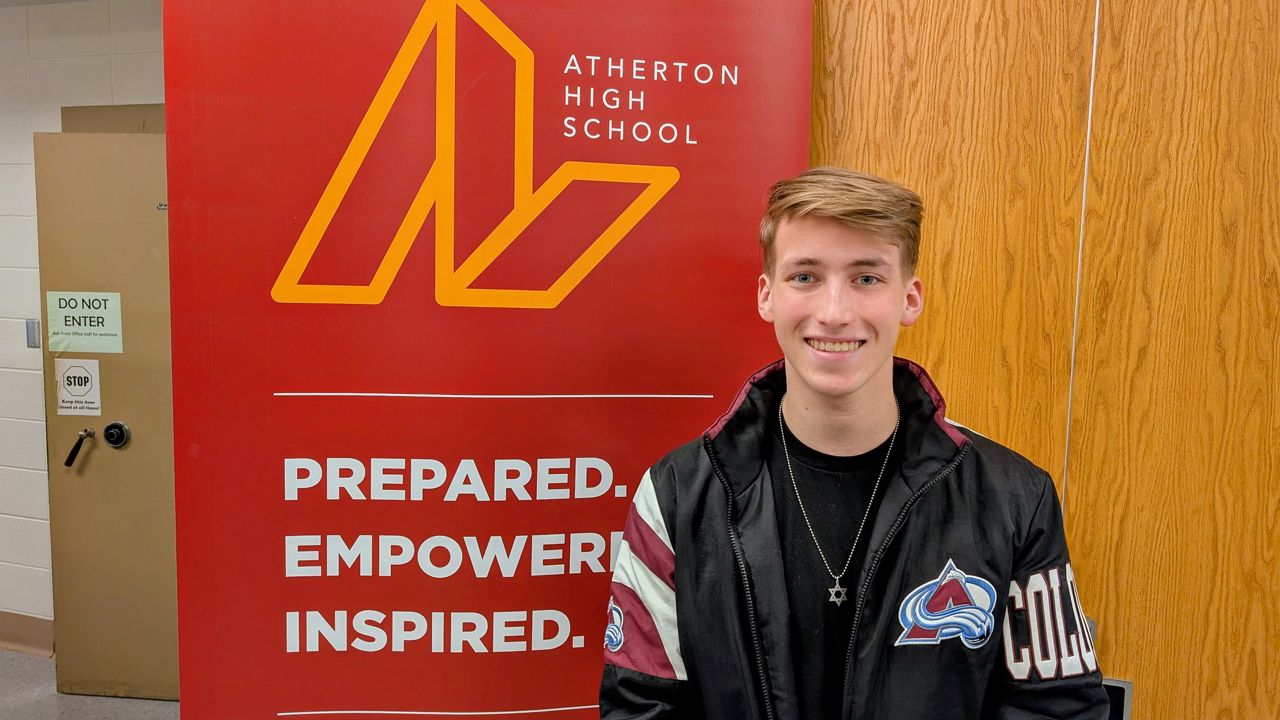LEXINGTON, Ky. — Over 95% of Kentuckians have a positive view of organ donation, according to Donate Life Kentucky. While 85% of people say they will donate, not even 60% of the state’s population has joined the Kentucky Donor Registry—all the while, the need is growing.
UK Health organ transplant outreach manager, Elizabeth Powell, walks past the Gift of Life wall at UK Hospital every day. Every name on the wall represents a donor who has given an organ to a patient who needs it.
“I really enjoy working with the families and getting to know a little bit about them when we go through the process of updating these walls every year,” Powell said.
It’s an area that hits close to home for Powell, a self-described advocate for organ donation.
“I have a friend who is a recipient of a heart transplant and I’ve always been an advocate for organ donation. And when I had an opportunity to work in outreach, I knew it was the right path for me,” Powell said.
UK Transplant Center is one of two transplant centers in Kentucky—the other is Jewish Hospital at UofL. Both hospitals work with Kentucky Organ Donation Affiliates (KODA) to match registered donors with a patient needing a transplant.
“This line of work is complicated, emotionally complicated, but when we are able to match gifts to recipients, it’s very rewarding,” said Denisha Henry, a multicultural community educator at KODA.
Anyone, even minors with parental consent, can register for organ donation. It’s part of the reason Henry started working at KODA after previously working in pharmaceutical research.
“13 years ago my daughter Tenielle suffered a brain bleed from which she didn’t recover and our family said yes to organ donation,” Henry said.
Henry realized there was a lack of minority representation in research studies and she soon found out there is a lack of minority organ donors. African Americans make up 28% of the national transplant list, according to the Gift of Life program.
The recipient of Henry’s daughter’s heart is now in her 40s and her lung recipient graduated high school and college; accomplishing feats at one time unthinkable.
“It’ll be 13 years in July and we can look back; my daughter’s life was cut short at just 17 years old. I tell people she lived her whole life at 17 years, but it was a way for us to leave a legacy for her,” Henry said.
Powell says even someone living can donate an organ if they’re the right match.
“We have several people who choose to be donors and they find that they still live a very healthy life after they choose to make that decision to donate,” Powell said.
Both women say deciding to donate can be hard, but it can be a rewarding opportunity.
Some patients wait years on the organ transplant waiting list. Many factors including blood type, organ size and distance from a transplant center factor into making a match.
Over 1,000 Kentuckians are waiting for an organ match, with 800 needing kidneys. Others need eye, liver or heart transplants.










